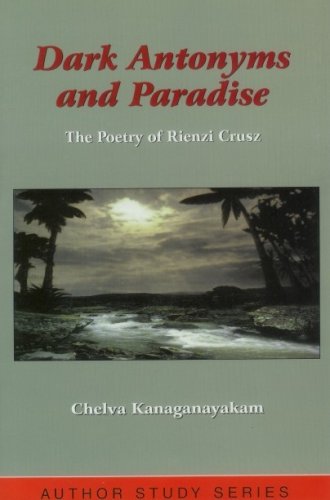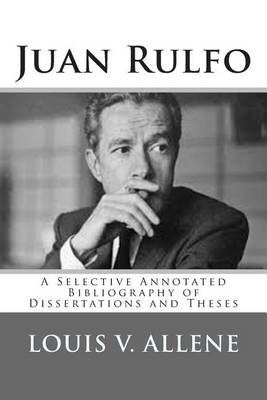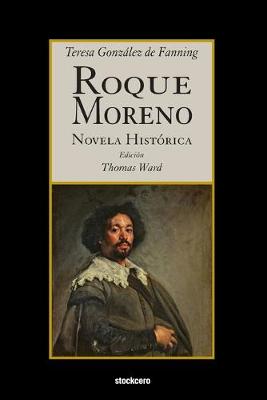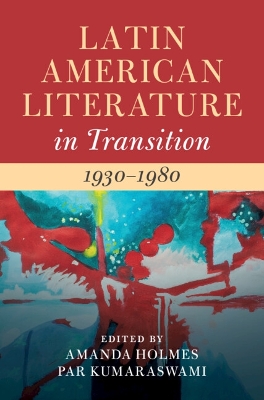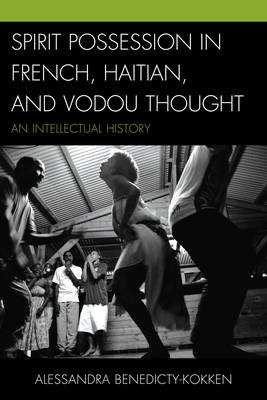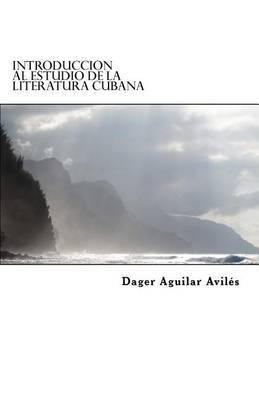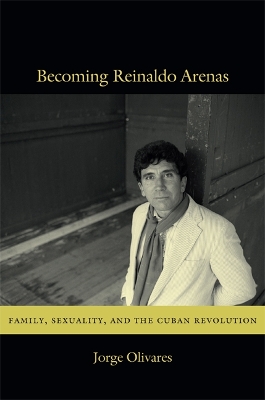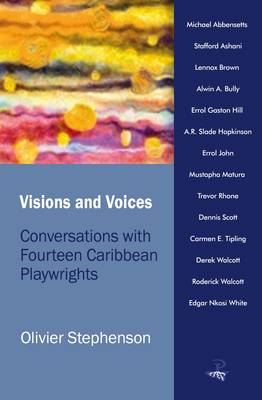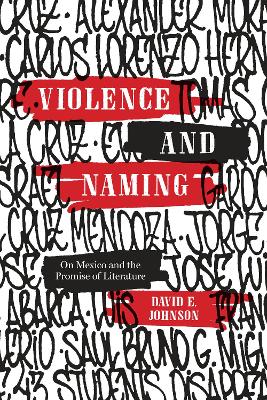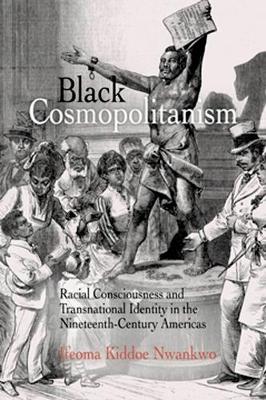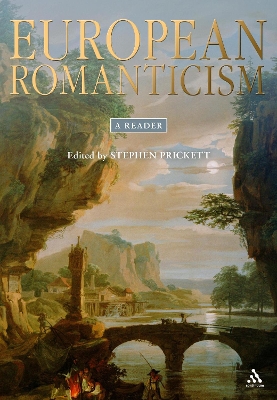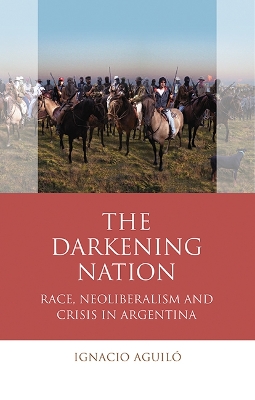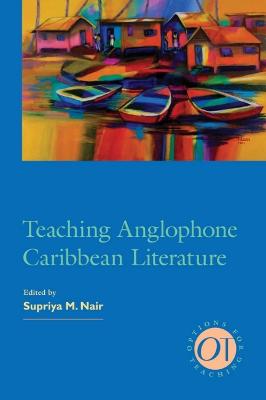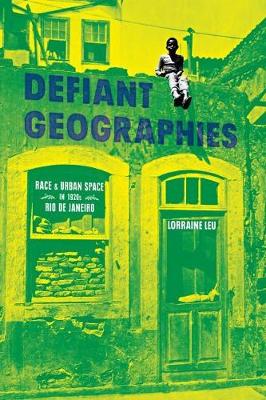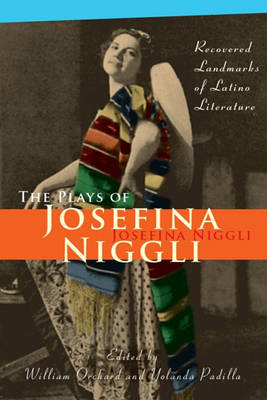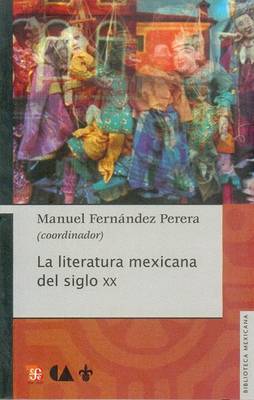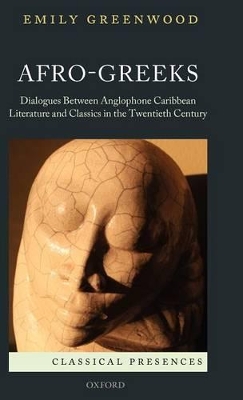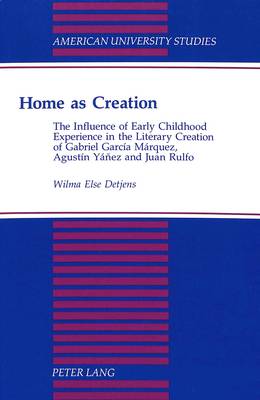Rhetorics of Nepantla, Memory, and the Gloria Evangelina Anzaldua Papers
by Diana Isabel Martinez
Latin American Literature in Transition 1930–1980: Volume 4 (Latin American Literature in Transition)
Childhood in the Works of Silvina Ocampo and Alejandra Pizarnik. Monografias A, Volume 196.
by Fiona J. Mackintosh
Spirit Possession in French, Haitian, and Vodou Thought
by Benedicty Alessandra Ph D
Introduccion al estudio de la literatura cubana
by Dager Aguilar Aviles
Becoming Reinaldo Arenas explores the life and work of the Cuban writer Reinaldo Arenas (1943-1990), who emerged on the Latin American cultural scene in the 1960s and quickly achieved literary fame. Yet as a political dissident and an openly gay man, Arenas also experienced discrimination and persecution; he produced much of his work amid political controversy and precarious living conditions. In 1980, having survived ostracism and incarceration in Cuba, he arrived in the United States during th...
Wie Wird Weltliteratur Gemacht? (Latin American Literatures In The World / Literaturas Latino, #6)
by Gesine Muller
Reclaiming the notion of literature as an institution essential for reflecting on the violence of culture, history, and politics, Violence and Naming exposes the tension between the irreducible, constitutive violence of language and the reducible, empirical violation of others. Focusing on an array of literary artifacts, from works by journalists such as Elena Poniatowska and Sergio Gonzalez Rodriguez to the Zapatista communiques to Roberto Bolano's The Savage Detectives and 2666, this examinati...
Black Cosmopolitanism (Rethinking the Americas)
by Ifeoma Kiddoe Nwankwo
Through readings of slave narratives, fiction, poetry, nonfiction, newspaper editorials, and government documents including texts by Frederick Douglass and freed West Indian slave Mary Prince, Ifeoma Kiddoe Nwankwo explicates the growing interrelatedness of people of African descent through the Americas in the nineteenth century.
European Romanticism
Romanticism was always culturally diverse. Though English-language anthologies have previously tended to see Romanticism as predominantly British, the term itself actually originated in Germany, where it became the banner of a Europe-wide movement involving the profound intellectual and aesthetic changes which we now associate with modernity. This anthology is the first to place British Romanticism within a comprehensive and multi-lingual European context, showing how ideas and writers interconn...
At the turn of the twenty-first century, Argentina was in the midst of its worst economic crisis in decades, the result of years of drastic neoliberal reforms. This book looks at the way ideas about race and nationhood were conveyed during this period of financial meltdown and national emergency, examining in particular how the neoliberal crisis led to the critical self-questioning of the dominant imaginary of Argentina as homogenously white - allegedly the result of European immigration and the...
Teaching Anglophone Caribbean Literature (Options for Teaching 34)
by Supriya M Nair
This volume recognises that the most challenging aspect of introducing students to anglophone Caribbean literature-the sheer variety of intellectual and artistic traditions in Western and non-Western cultures that relate to it-also offers the greatest opportunities to teachers. Courses on anglophone literature in the Caribbean can consider the region's specific histories and contexts even as they explore common issues: the legacies of slavery, colonialism, and colonial education; nationalism; ex...
Defiant Geographies examines the destruction of a poor community in the center of Rio de Janeiro to make way for Brazil's first international mega-event. As the country celebrated the centenary of its independence, its postabolition whitening ideology took on material form in the urban development project that staged Latin America's first World's Fair. The book explores official efforts to reorganize space that equated modernization with racial progress. It also considers the ways in which black...
The Plays of Josefina Niggli
by Josephina Niggli, William Orchard, and Yolanda Padilla
This is the first edited collection to bring ecocritical studies into a necessary dialogue with postcolonial studies. By examining African, Caribbean, Pacific Island and South Asian literatures and how they depict the relationship between humans and nature, this book makes a compelling argument for a more global approach to thinking through our current environmental crisis. Turning to the contemporary production of postcolonial novelists and poets, this collection poses the literary imagination...
Afro-Greeks examines the reception of Classics in the English-speaking Caribbean, from about 1920 to the beginning of the 21st century. Emily Greenwood focuses on the ways in which Greco-Roman antiquity has been put to creative use in Anglophone Caribbean literature, and relates this regional classical tradition to the educational context, specifically the way in which Classics was taught in the colonial school curriculum. Discussions of Caribbean literature tend to assume an antagonistic relati...
Selected Poems of Leopold Sedar Senghor
Home as Creation (American University Studies Series 22: Latin American Studies, #18)
by Wilma Else Detjens
